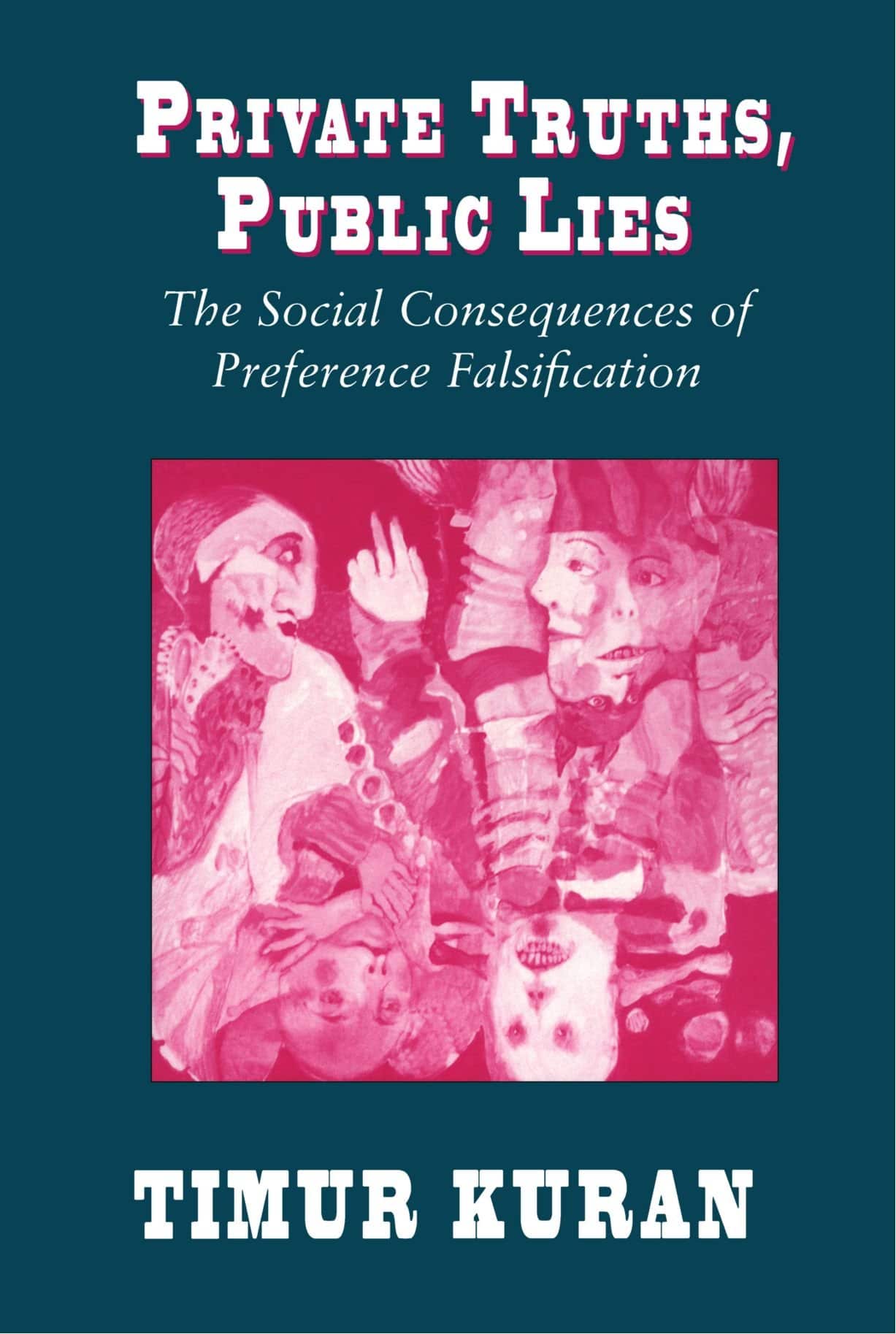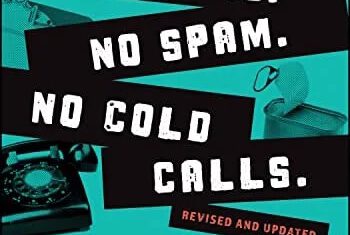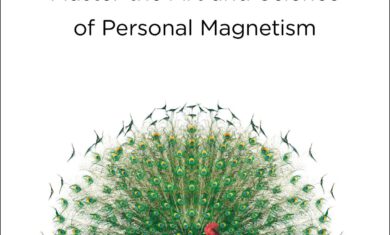I was recently listening to an episode of the Hidden Brain podcast (the episode was “A Conspiracy of Silence“) and it raised an interesting idea.
The bulk of the podcast was on the subject of preference falsification, the idea where people will intentionally falsify their preferences when with other people. These little lies can be socially beneficial, such as supporting a friend when they get a new haircut (“Do you like it?”, “Yes, it’s great!”), but can have some huge downsides.
Immigration
Shankar Vendantam, the host, raised an interesting scenario that I think may of us have seen:
Preference falsification is more likely to help people that have strong views or extreme views rather than moderate.
If you think there should be, for example, zero immigration to the United States, you can call anyone who has even mildly pro-immigrant views a traitor. On the other hand if you think there should be open borders to the United States, you can call anyone who calls for any immigration restrictions a racist.
I feel it’s harder to do this if you have moderate views precisely because moderation suggests a certain amount of flexibility, nuance, or even compromise.
When people hold extreme views, their feeling is that you either agree with their extreme view on one end of the spectrum or you’re against them — there is no middle ground.
Ballot Issues
I’ve seen the same on Facebook. With the current ballot fraud claims being made here in the state of Georgia following the 2020 election, there is no room for middle ground. I’ve tried to raise questions with people on both sides, simply to help determine the truth, and it doesn’t go well. Even when there is concrete evidence that something is true or false, if it goes against that person’s narrative, you’re “against” them.
It seems that some of the fraud claims are possibly true, most are likely not, but taking even a small step toward the middle is dangerous water.
Undecided Voters
The biggest example of this was in the months leading up to the election. Personally, it took me a while to decide who to vote for as president because I agree very much with one man’s policies, but agree with the other man when it comes to behavior and decency. Fortunately I didn’t voice that out loud beyond some close friends, because middle ground had no place in pre-election discussions.
In the minds of most people the choice was incredibly obvious that there was no rational way to be undecided, as you had to vote for their guy — but it people on both sides said the same thing.
Here are some comments I saw on Facebook regarding undecided voters in the weeks before the election (and these came from people supporting both political parties):
- “They would have to be almost brain dead”
- “What is wrong with these people?”
- “I’m of the opinion that if you are an undecided voter at this point, you are either irresponsible or unqualified to vote.”
- “I find it difficult that ANYONE could be undecided at this point. Only those people who NEVER pay attention and are therefore, uneducated voters, could be undecided.”
I kept my mouth shut, continued to research, and eventually came to a conclusion that I was satisfied with.
Preference falsification leads to extreme views
In the end, like Shankar said in his show, preference falsification is helping to lead to extreme views. As voices in the middle are squashed, you’re left with two sides that are at the extreme ends, both of which think that they are the only truth. The idea of trying to disagree without dehumanizing holds true (calling people “brain dead” is unlikely to be productive), but this goes beyond that into the reasons why those extreme views come up in the first place.
His guest on that episode of the show was Timur Kuran, who wrote a book about preference falsification titled Private Truths, Public Lies. I’ve yet to read it (it’s on my list now), but it seems to be relevant today even more than ever.




